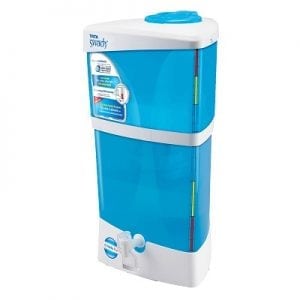
Agriculture
January 1, 2024
TATA Swach Cristella Plus Water Purifier
Read SolutionImplemented by
TATA Swach
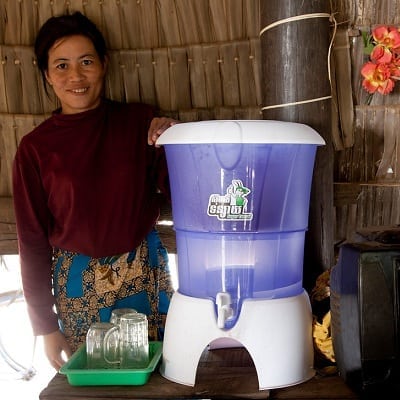
Updated on January 4, 2024
·Created on June 17, 2014
The Tunsai (Rabbit) Ceramic Water Purifier is a gravity-fed silver enhanced ceramic water treatment solution.
Tunsai Ceramic Water Purifier is a silver-enhanced ceramic ‘pot’ water filters for household drinking water treatment. This product is manufactured by Hydrologic in Cambodia based on the open-source technology promoted by Potters for Peace.
Target SDGs
SDG 6: Clean Water and Sanitation
SDG 3: Good Health and Well-Being
Market Suggested Retail Price
$13.50
Target Users (Target Impact Group)
Household, Small and Medium-sized Enterprises, NGOs
Distributors / Implementing Organizations
Distributions are mostly carried out through NGO channels and a network of retailers. Hydrologic also distributes the product when it is acquired as a direct sale from a Micro-Finance Institution (MFI).
Competitive Landscape
Direct competitors include Ekofil filter, Ceramic Filter UTP, EcoFiltro, Stéfani Filtro Flex, Arcifiltro, and Silver Filter.
Countries
Cambodia, Sri Lanka, Vietnam, Yemen
Manufacturing/Building Method
The product is locally manufactured in bulk. The materials are also sourced locally. First clay and rice husk are processed and mixed with water, then the resulting mix is pressed into the filter shape and fired to a ceramic state. The ceramic product’s flow rate is tested to ensure product consistency. Finally, the product is coated with a silver nitrate solution to prevent microbiological growth within the filter and increase bacterial removal efficacy.
Intellectural Property Type
Open-source
User Provision Model
Users can obtain filters through a network of 600 retail centers throughout Cambodian provinces and the direct sales network, as a donation from an NGO channel or by applying to a loan from Hydrologic’s Micro-Finance Institution (MFI) partners.
Distributions to Date Status
As of 2020, over 450,000 units have been sold.
Type of filter
Ceramic pot filter
Primary material of construction
Clay, rice husk and silver nitrate
Additives
There is a potential for silver in filtered water, below secondary guideline values of 0.1 mg/L.
Manufacturer-specified flow rate (L/hr)
2-3
Bacteria reduction
6 log
Virus reduction
Unknown
Protozoa reduction
Unknown
Heavy metals and/or arsenic reduction
Unknown
Maximum recommended influent turbidity level (NTU)
5
Effluent turbidity levels (NTU)
Unknown
Maintenance schedule
Scrub filter when flow rate slows.
Manufacturer-specified lifetime volume (L)
~20,000
Safe water storage integration
~14
Design Specifications
Tunsai Ceramic Water Purifier consists of a porous 10 L ceramic filtering element that suspends in a food-grade, a pigment-free plastic receptacle that stores and dispenses filtered water.
Specifications:
The filter membrane weighs 4.6 kg.
The flow rate is 2-3 L/hr when full.
Technical Support
There is no technical support provided and users are expected to maintain the product on their own by scrubbing ceramic filter element with a brush.
Replacement Components
Replaceable components include the tap for dispensing water, safe storage containers, and ceramic filtering elements.
Lifecycle
The average service life of a filter in day-to-day use has been measured as 2 years. The plastic receptacle and spigot last for five years. Lifespan depends on the quality of the input water and the care taken to avoid breakage.
Manufacturer Specified Performance Parameters
This filter was designed to remove bacteria by 99.99% and have a flow rate of 2-3 liter per hour. Designer specifies this product is a scientifically proven technology that is tested quarterly by a certified laboratory with international standards; is a fast, cheap and easy drinking water solution; and is trusted by more than 100,000 families in Cambodia.
Vetted Performance Status
Testing performed by WaterSHED confirmed effectiveness in supplying water with less than 10 E. coli bacteria per 100 mL.
Safety
This filter cannot remove arsenic or other chemical contaminants from water. As a result, this is not a good device for arsenic-contaminated well water (it is best used in Cambodia for rain and surface water).
Complementary Technical Systems
None
Academic Research and References
Brown, J et al., 2009, Sustained use of a household-scale water filtration device in rural Cambodia, Journal of water and health, 7(3), pp.404-412.
Roberts, M., 2004, Field test of a silver-impregnated ceramic water filter. In People-Centred Approaches to Water and Environmental Sanitation,30th WEDC International Conference, Vientiane, Lao PDR (pp. 499-504).
Van et al ., 2007, Ceramic silver-impregnated pot filters for household drinking water treatment in developing countries: material characterization and performance study, Water science and technology: Water Supply, 7(5-6), pp.9-17.
Schaefer et., 2018, Arsenic leaching from ceramic water filters, Environmental Science: Water Research & Technology, 4(2), pp.234-240.
“Ceramic Water Filters – Resource Development International,” Rdic.org. Available: https://rdic.org/ceramic-water-filters/
Goal 6. (n.d.). Sdgs.un.org. Available: https://sdgs.un.org/goals/goal6
V. A. Oyanedel-Craver and J. A. Smith, “Sustainable colloidal-silver-impregnated ceramic filter for point-of-use water treatment,” Environ. Sci. Technol., vol. 42, no. 3, pp. 927–933, 2008. https://pubs.acs.org/doi/10.1021/es071268u
“iDE,” iDE. Available: https://www.ideglobal.org/story/clean-water
“Rabbit CWP: E&S,” Solutions Library 2.0: Prototype, 11-Dec-2012. Available: https://e4cprojects.wordpress.com/evaluation-standards/rabbit-cwp/
“Water, Sanitation, Hygiene, Enterprise Development,” WaterSHED, 31-May-2017. Available: https://www.watershedasia.org/
Compliance with regulations
Unknown
Evaluation methods
The product is evaluated for removal of turbidity and bacteria in a certified laboratory established by the UN named WasterSHED.
Other Information

Agriculture
January 1, 2024
Implemented by
TATA Swach
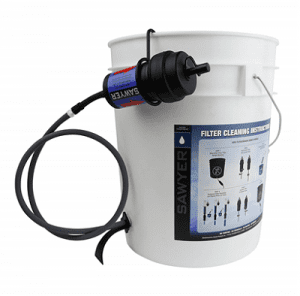
Agriculture
December 29, 2023
Implemented by
Sawyer
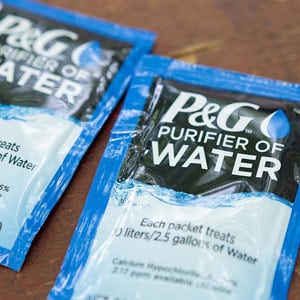
Agriculture
October 14, 2023
Implemented by
P&G

Agriculture
February 4, 2024
Implemented by
nedap
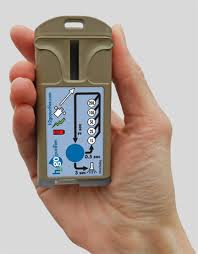
Agriculture
January 2, 2024
Implemented by
Aqua Research
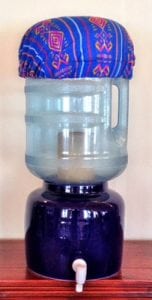
Agriculture
January 11, 2024
Implemented by
Caminos de Agua
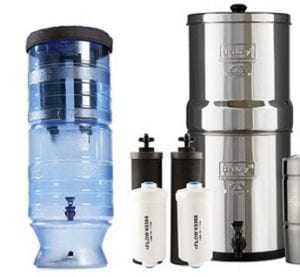
Agriculture
January 11, 2024
Implemented by
New Millennium Concepts, Ltd
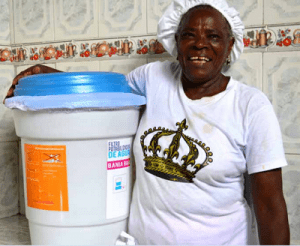
Agriculture
January 5, 2024
Implemented by
Universidad Tecnológica de Pereira (UTP)
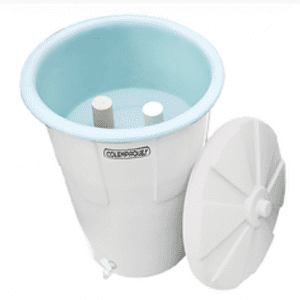
Agriculture
December 6, 2023
Implemented by
colempaques
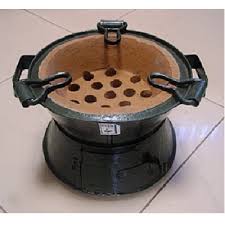
Agriculture
February 1, 2024
Implemented by
Kenya Energy and Environment Organisations (KENGO)
Have thoughts on how we can improve?
Give Us Feedback